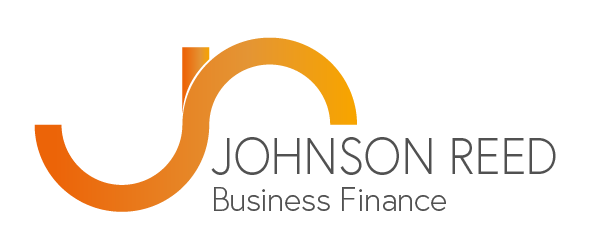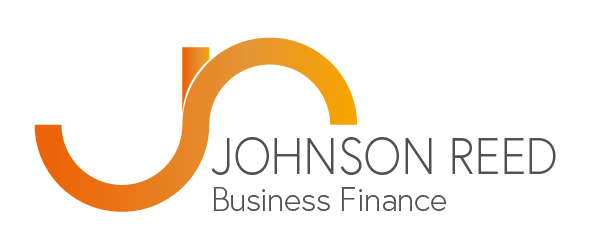There are in the region of 20 million micro, small and medium-sized enterprises in the European Economic Area. They are all recognised as being a major source of employment and innovation, and their collective contribution to a country’s GDP cannot be underestimated.
But what exactly is an SME? According to EU law, SME stands for ‘small and medium-sized enterprises’ (EU recommendation 2003/361, should you need the small print). It is generally agreed that the future prosperity of SMEs is crucial to the economic recovery process, so there has inevitably been much debate about what exactly constitutes an SME.
According to the European Commission, an SME is a business comprising fewer than 250 employees, with an annual turnover of less than €50m. To put that into context, a small business has less than 50 employees with a €10m turnover, and micro businesses have less than ten employees with a €2m turnover.
One thing is common to all of these enterprises though. They all need to grow to stay ahead of their competition, but they all have differing risks, requirements and opportunities. Funding is crucial to all and, although government initiatives are useful for larger concerns, smaller businesses can often find it difficult to secure the necessary arrangements. This is where Johnson Reed can play an invaluable part in their success.
A surefire way to growth is by investing in high-end equipment to maintain and increase output. Because outright purchase costs are prohibitive, leasing it is the logical solution. Improved profitability, better cash flow and distinct tax advantages all combine to make leasing the obvious choice of funding for your company – however micro, small or medium you happen to be in size.

